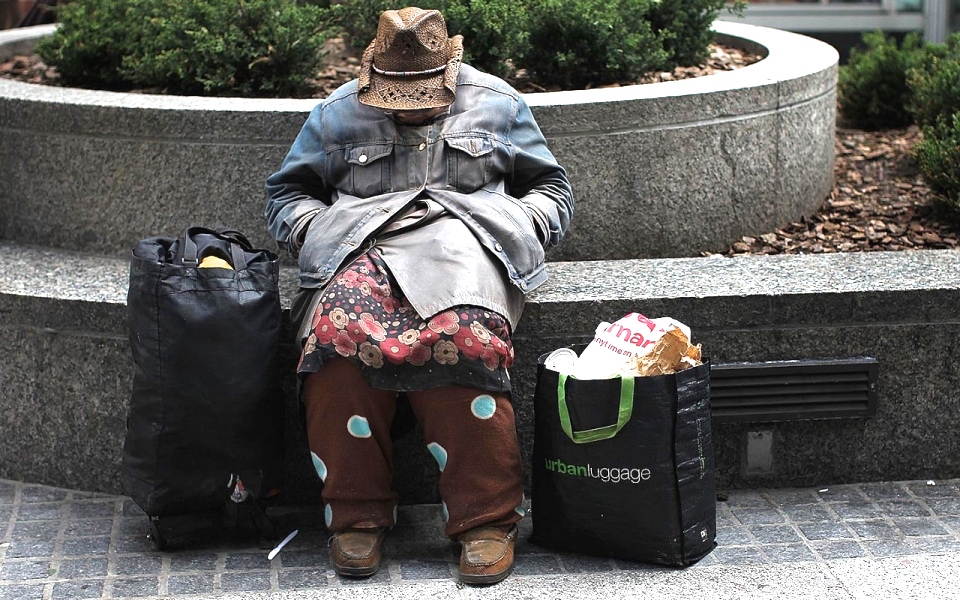Boston College sociology professor Juliet Schor does not mince words when it comes to the train wreck that is the United States economy.
“We’re in a heap of trouble,” she observes in an explanatory video for The Next System Project, an initiative aimed at engaging researchers, theorists, and activists to develop feasible alternatives to the political-economic status quo. Schor, whose research interests include consumer culture, working hours, and sustainable consumption and production, makes a persuasive case for immediate action in the face of what she calls America’s “structural crisis.”
Two “very large” problems characterize the contemporary political-economic system in the United States, explains Schor. The first is climate change, and standard production patterns’ contribution to the same. The second is the profound inequality to which current practices have given rise. Moreover, because in the United States the rich grow richer at the expense of the poor, inequality has been accompanied by extreme deprivation for a substantial number of citizens.
The above constitutes a “structural crisis,” argues Schor, because the obvious solution to one of the problems only exacerbates the other. That is: current thinking suggests that the way to eliminate poverty is through economic expansion. Yet economic expansion means higher levels of greenhouse gas emissions, which only speeds environmental degradation.
What are we to do? “We’ve got to find a new path that allows us to solve both climate and economic deprivation at the same time—and we can only do that with a whole different kind of system,” says Schor. The good news is that—thanks to The Next System Project—some of the country’s best minds, including Schor, are working to define a path forward. Schor herself is hopeful. As she put it in the earlier video: “I have no doubt that we can create a better America.”
We at Shareable believe sharing will be an essential part of any next system as sharing reduces consumption and spreads the wealth. Schor's latest research supports this idea, though she rightly points out that the current sharing economy is problematic.
3 WAYS TO SHOW YOUR SUPPORT
- Log in to post comments












